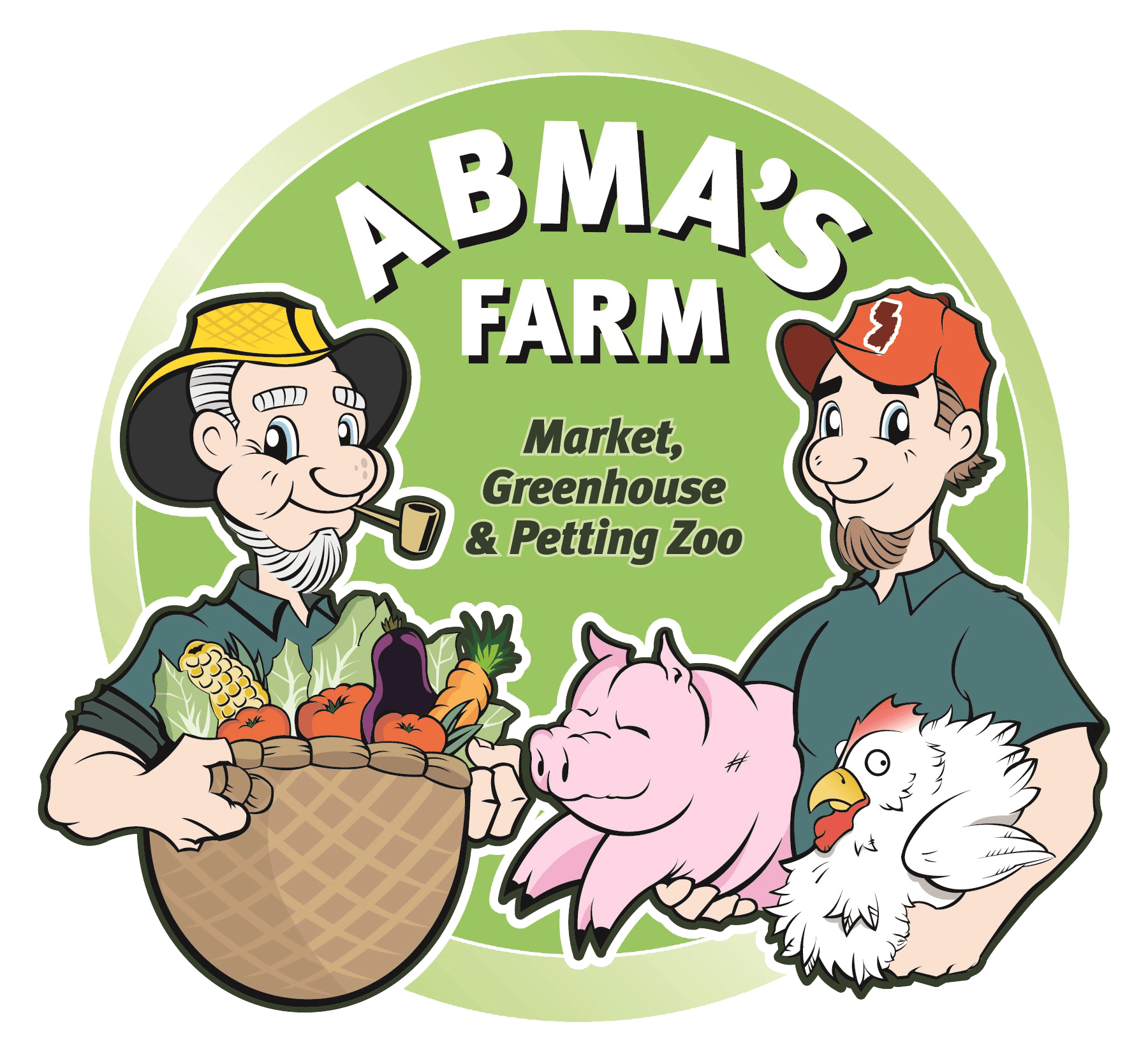Cracking the Case on Why Our Eggs Are So Great!
The Incredible, Edible Egg!”, first coined in 1976, has lived up to its hype and more!
Eggs are versatile, tasty, and so healthy.
High consumption shows that Americans are loving their eggs more than ever. Eggs have taken center stage as an “essential” ingredient in the American diet with uses in baking and cooking, entrees, sides and desserts. Eggs are also one of the only proteins that is enjoyed the world over at all three meals in the day.
At Abma’s, we have a close connection with eggs! Raising hens for egg farming has been a part of our own family heritage since the 1930s. We understand that what makes a great egg starts with a healthy chicken.
Before we talk about why we love our home raised eggs, we’ll share our process for raising healthy and happy hens.
It’s very important to provide hens a safe and healthy environment for laying eggs. Here are the ways we provide an ideal space:
- Our chickens are raised in a cage-free environment, free to roam. This space includes nest space and perches.
- Our coop is enclosed to prevent avian diseases and protect from predators (fox, coyote, etc.).
- We have a ventilation system in place to purify the air.
- We create a stress-free environment conducive to the natural habits of hens (see below).
- We limit the amount of human traffic to prevent foreign bacteria and germs from entering the coop.
- Our chickens are fed a custom feed consisting of an all-natural grain, corn, soybean and flax mixture, making it a rich source of Omega-3. Our feed contains no antibiotics, no growth hormones (illegal in the U.S. for over 50 years) and no animal bi-products. We utilize Flax (more expensive) to incorporate a natural source of Omega-3. We never use synthetic Omega-3 that is commonly used in larger commercial operations in effort to keep costs down.
- We are regulated and certified by the USDA and hold ourselves accountable for a high standard of care for our animals.
Our chicken coop consists of three open, cage-free levels:
- The floor level contains feed trays, water spigots, and shavings, making it a comfortable area for the hens to scratch and nest. Our hens love nesting in these shavings.
- The second level contains individual nests. This is where our hens lay their eggs. After the hen flies up to the nest and lays an egg, the egg rolls down onto a conveyor belt. We collect these eggs twice a day. In between the nests are perches that the hens love to play on.
- The sub floor level is the bottom-most level, underneath the floor level, that collects chicken manure.
Because our hen flock is small-scale, we have more control over variables in the coop. We have an extremely low rate of disease; therefore, we never use antibiotics. Our hens are never restricted to cages and have free range of the whole coop!
You have two options when you purchase eggs from Abma’s Farm.
Nest Eggs:
Our nest eggs are collected each morning from the coop, are not grated or washed, and are sold by the piece the same day. What makes these eggs so special is that you’re buying them completely in their natural form. Eggs have a natural protective cover called the “bloom” or cuticle. The bloom helps to prevent bacteria from getting inside the shell and reduces moisture loss from inside the egg. Since Nest Eggs still have their bloom intact, there is no need to refrigerate them, although you may still do so.
Carton Eggs:
Carton eggs are collected twice daily from the coop and brought over to our egg room, where they are cleaned with water and graded to be sold by a specific size (medium, large, x-large, jumbo). Our washing process includes checking the eggs for any regularities and rinsing off any dirt or bacteria. This water wash process also washes off the bloom, so you need to refrigerate washed eggs. Since there is no extra time or transport in our on-site process, you receive the freshest carton eggs available.
Did you know?
- Our white eggs come from white chickens: White Leghorn hens.
- Our brown eggs come from brown chickens: Rhode Island Red hens.
Now, let’s talk about *why* we love our home raised eggs!
Eggs are such a great source of protein, vitamins, and minerals.
Omega-3 & Vitamin B12:
Life supporting nutrients, like Omega-3 fatty acids and Vitamin B12, are not produced by the human body and must be obtained from our diet. Apart from curbing inflammation, Omega-3s are essential to the development and longevity of the brain. Vitamin B12 is crucial for nervous system and cell development. Because our brain tissue is made up almost entirely of fat, a diet rich in healthy poly-unsaturated fats supports brain growth during early years and prevents degeneration as we age. Eggs contain bioavailable sources of Omega-3 fats, meaning that they are available in a form that is easily absorbed by the body. Meeting the recommended ratios of these fats show significant improvements in health, including alleviation in symptoms of Asthma, ADHD, seizures, depression and cognition, says Maya Shetreat -Klein, MD from “The Dirt Cure.”
Choline:
Another great fact about eggs is that they are a huge source of Choline! Choline is an essential nutrient that the body relies on heavily for DNA production. It’s also crucial for brain health and viability. Our brain’s neural network relies on neurotransmitters to carry the messages from one neuron to another, impacting the brain's communication to the rest of the body. Acetylcholine is a vital neurotransmitter that is formed from choline. This is why “Eggs are also called brain food” says Dr. Axe, who encourages pregnant women to consume eggs to support their developing fetus.
In the scientific world, choline was a topic of serious debate because scientists were unsure if the body produced enough to supply all the processes that require it. Both vegans and non-vegans are consistently deficient in choline.
Antioxidants:
With an average of 1-3 eggs consumed per person per day, the US has caught on to the importance of eggs. Egg lovers report feeling full longer and have higher levels of energy without the added guilt of high calories that come from other animal proteins. Omega-3 fatty acids and choline are excellent nutrients to keep in steady supply for the body, but eggs add more than that. At just 70 calories per egg and about 6 grams of protein, eggs also support eye health by preventing macular degeneration. Dr. Shetreat-Klein hails eggs as “uniquely abundant in Lutein and Zeaxanthin,” which are antioxidant vitamins essential to protecting vision. She encourages people to consider the value of eggs as a “perfect food.”
It's so important that eggs are sourced from reliable and ethical sources with the highest integrity in how they are produced. In addition, it’s important to purchase fresh eggs; as commercial and grocery store-bought eggs are sourced from distribution centers, sitting in refrigerated transit and storage for weeks while losing nutrients during.
Home raised eggs have been a tradition in our family for four generations. Passion and love for what we do pushes us to provide the best and most nutritious eggs possible for our community.
When you think of healthy, fresh eggs, we hope you think of us!
With love and gratitude,
Abma’s Farm

